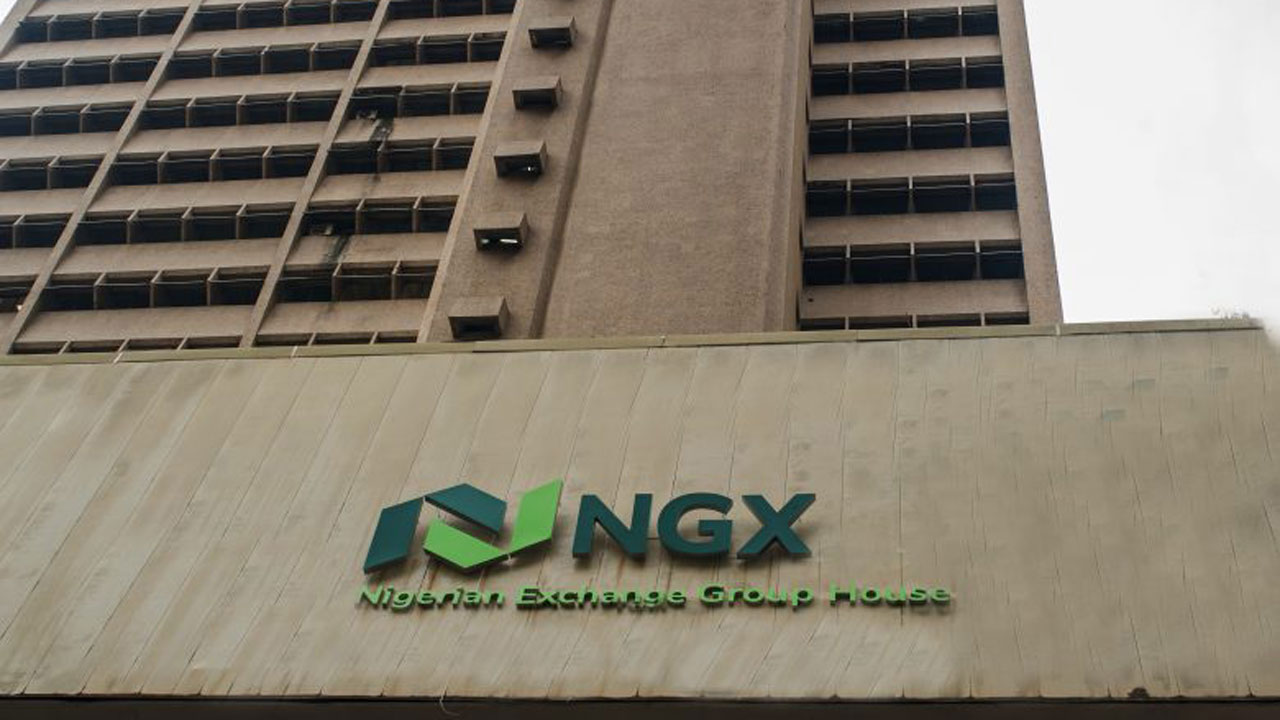President Bola Tinubu has unveiled the Presidential Committee on Fiscal Policy and Tax Reforms in Abuja.
BizWatch Nigeria reports that the President established the committee four weeks ago, and it is chaired by Taiwo Oyedele, Fiscal Policy Partner and Africa Tax Leader at PriceWaterhouseCoopers (PwC).
Members of the committee are specialists from both the business and public sectors.
The President stated during the inauguration that the Committee will be guided above all by national interest.
According to Tinubu, Nigeria cannot continue to tax poverty or productivity and must instead concentrate on returns, income, and consumption.
He also urged all government agencies, ministries, and departments to fully cooperate with the Committee in carrying out its task.
Tinubu said, “Within the scope of this mandate, the Committee shall have as its objective the advancement of viable and cost effective solutions to issues such as the multiplicity of revenue collection agencies, the high cost of revenue administration, the excessive burden of compliance on ordinary taxpayers, the lack of effective coordination between fiscal and other economic policies within and across levels of government and poor accountability in the utilisation of tax revenues.
“The Committee is comprised of experts from both the private and the public sector. I have given them a strong mandate and I expect their report to cover tax reform, fiscal policy design and coordination, harmonisation of taxes and revenue administration among other items.
“Our target is to improve Nigeria’s revenue profile while making the business environment more conducive and internationally competitive. Our aim is to transform the tax system to support sustainable development, while, at the same time, achieving a minimum of 18% Tax to GDP ratio within the next three years.
“In order to ensure to ensure seamless implementation, the Committee shall be empowered not merely to make recommendations; but to also provide practical support the government in the execution and delivery of the recommended changes.
“The Committee is expected to achieve its mandate within a period of one year. They are, in the first instance, expected to deliver a schedule of quick reforms which can be implemented within thirty days.
“Critical reform measures should be recommended within six months and full implementation will take place within one calendar year.”












